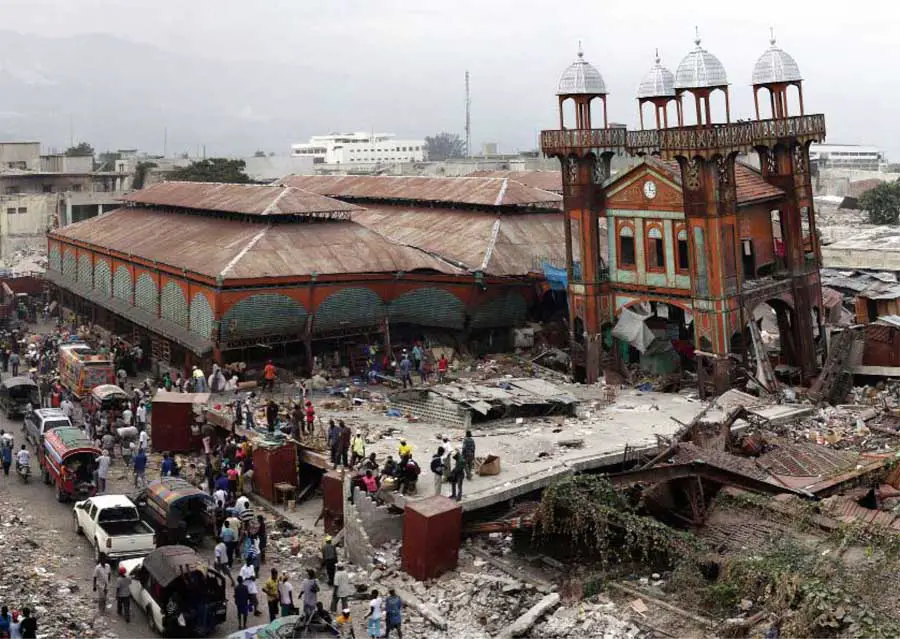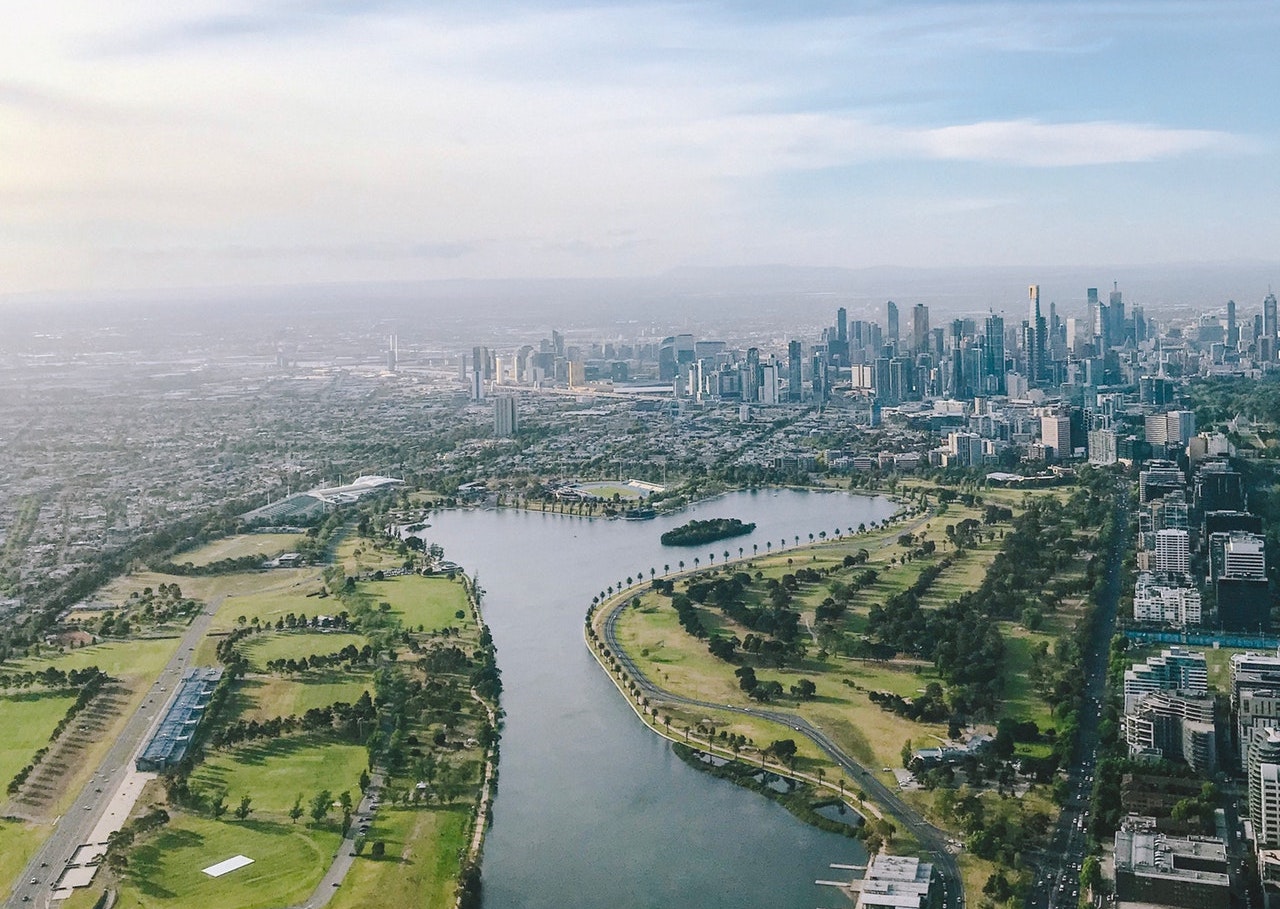Bartering and Sustainable Cities: Shaping a Different Value System in São Paulo
I remember learning about barter trade in history class in Kenya. What is still particularly clear in my mind this many years on are the down-sides to it we listed. “Well if you have a cow, and your neighbour has only vegetables, you can’t halve the cow in order to have equivalent values to exchange.” And so barter trade was stowed away in my mind as an archaic form of obtaining goods and services that did not have a place in a world that runs on coins and notes to pay for goods and services.
However, in recent years, there has been a rise in sharing, and payments in kind. Primarily as a response to the large amount of resources that lie idle because the right purchaser, with the right amount of cash hasn’t come along. Initiatives include car sharing services like ZipCar that started in the USA and has now expanded to several countries in Europe; room rentals through sites such as AirBnB; and space sharing or co-working in buildings in cities around the world that would have otherwise been empty.
Technology enables this sharing in an urban context by providing applications where those with needs (demand) and those with the goods, or those able to provide the service (supply) can easily link up. The site collaborativeconsumption.com hosts a directory where you can find apps that let you share under categories as diverse as entertainment, equipment, transportation and rooms. In a video on collaborative consumption by Nesta U.K. several home-grown initiatives are highlighted, including some whose main commodity to be shared is time, and which help community members connect with each other. It doesn’t have to be a big thing to be shared- if you have it someone else could probably use it too, seems to be the idea.
But bartering has been around, even if only on a micro-level for a while too. In my travels on a fellowship studying forms of engagement with environmental issues in low-income urban areas, I encountered this sharing- what I call a ‘culture of exchange’- in various forms.

It was in the swap fairs and eco-fairs in various transition movements in São Paulo for example. On a Saturday or Sunday every month residents of Granja Viana descend on an allocated spot, with their no longer used, softly worn items and set up on tables or just walk around and find opportunities to strike a bargain with other buyers and sellers. Also at the eco-fairs are local crafts people and farmers, who either sell their goods (for hard currency) but are also there for an opportunity to exchange items. Books for handmade house decorations, a beaded candle holder for a pot of flowers; an old suitcase for a raffia mat; homebaked breads and cakes for homemade candles; or a particularly happy score: a bag of organic vegetables for an old tv that my host no longer used. Similar eco-fairs are also organised by residents in another Transition initiative in Brasilândia in the North of the city and provide an opportunity for farmers and local craftspeople to receive value for their produce, products and work.
There were other personal forms of exchange too that I witnessed while living in Brasilândia and which served to alter that notion in my mind of the place of exchange in the modern economy. I used to attend a weekly Afro-brazilian dance class in the city and one day the teacher asked me if I would write her a story about a life experience from my home country in exchange for a (free) dance class. I wanted to dance, and she wanted some form of connection to an ancestral motherland that she had never had. We made the exchange. On another occasion my host-brother responded to my ‘I don’t have the money’ it would take to pay a Mãe Santo for a spiritual reading, with, ‘Well find something you could exchange for it instead.’ I was not courageous enough to be the one proposing the exchange so that reading didn’t happen, but all of those small encounters got me thinking not only about the viability of exchange in the economy today, but about value and different value systems.
Because a lot of the world is embedded in a capitalist economy, trying to solve modern challenges, such as environmental or cultural sustainability ones often hits the valuation and costs roadblock. How can we put a value on biodiversity? On heritage? Do we use economic metrics only? Often. Does that only capture the instrumental value of these things and is blind to their intrinsic value? Yes. But finding some way that combines all these kinds of values (and those values that are incalculable) is a work in progress.
The culture of exchange I encountered in São Paulo introduced me to an alternative economy in a practical and also personal way – one that did not have to rely on money. I realised that an alternative economy that enables the exchange of goods and services in the absence of money is one that alters the way we value things – providing alternative currencies to value things in such as how much satisfaction both people get out of a good or service. In this way the intrinsic and perhaps sentimental value of things is better captured. And it can help to achieve social connections, promote creativity, and use otherwise idle resources – all necessary aspects of the sustainable city.
Perhaps I will be proposing an exchange one of these days in my own hometown.


